
Blog
This section will include reflections on key ideas and challenges faced by KIDS4ALLL team throughout the unfolding of the project.
When we talk about knowledge we must distinguish in which forms it occurs, accumulates and disseminates in different contexts through diverse agents. The discourse on knowledge work in a knowledge-based economy has focused on managerial, scientific and technological knowledge, which are supposed to contribute the most to economic growth. Consequently, they also led the way for measures towards a restrictive immigration policy, as entry or residence requirements, in several European countries (Kofman 2007).

Since the beginning millennium the Union increasingly engaged financial and human resources for strategies towards academic mobility and the recognition of educational performances within all EU-member states. The programme “European 2020” continued the overall objectives of the Bologna process and the preceding Lisbon strategy. The focus had been put on the education-mobility nexus that promoted cross-border knowledge acquisition, skill training and competence transmission towards a successful labour market transition and integration (COM 2010). Mobility in education and training in the light of the lifelong learning continuum was considered a central element towards individual and economic growth in a Europe.
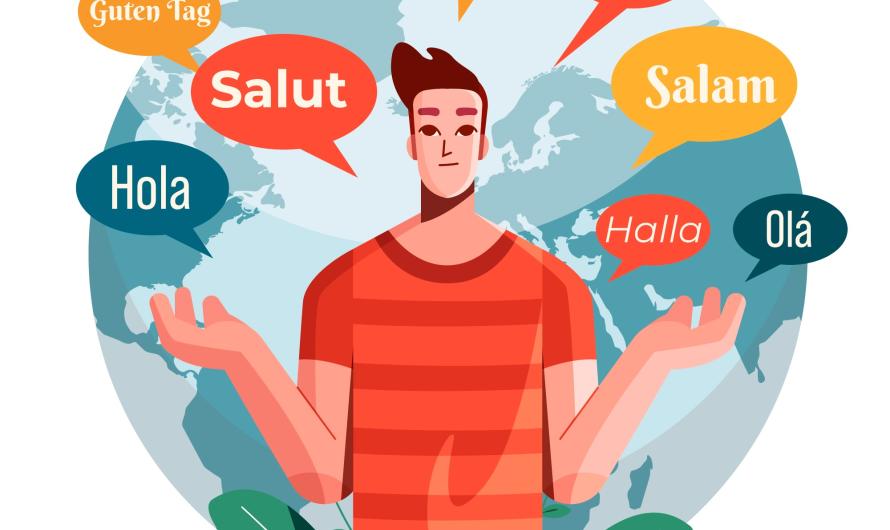
On the 21st of February, we held the project's final conference at the European Parliament in Brussels. The conference was in a hybrid format and aimed to share the best practices and lessons learned throughout the KIDS4ALLL project with education stakeholders across Europe and beyond.
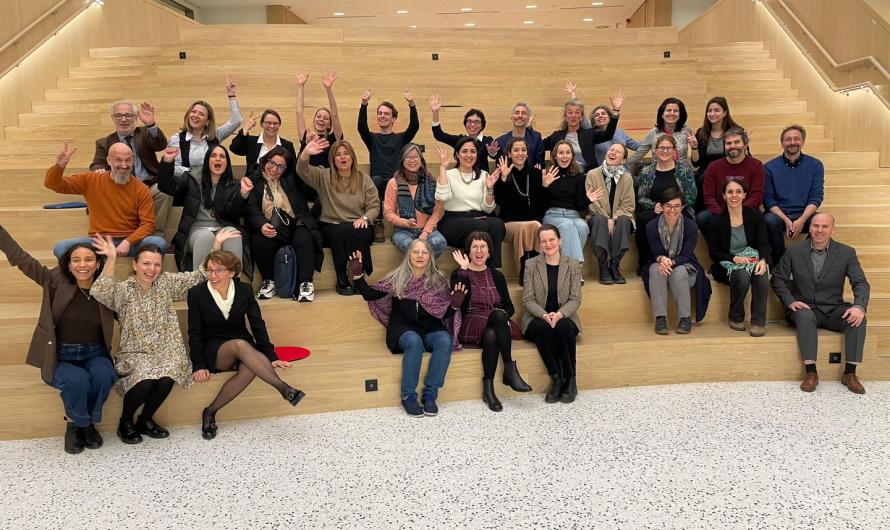
The KIDS4ALLL project aims to develop a holistic lifelong learning approach to competences by promoting innovative didactics, pedagogical tools, and actively collaborative research. This article exlplain how the project findings showed several benefits that the buddy system and the holistic lifelong learning approach implemented by the KIDS4ALLL project have in the classroom and in the inclusion of migrant students.
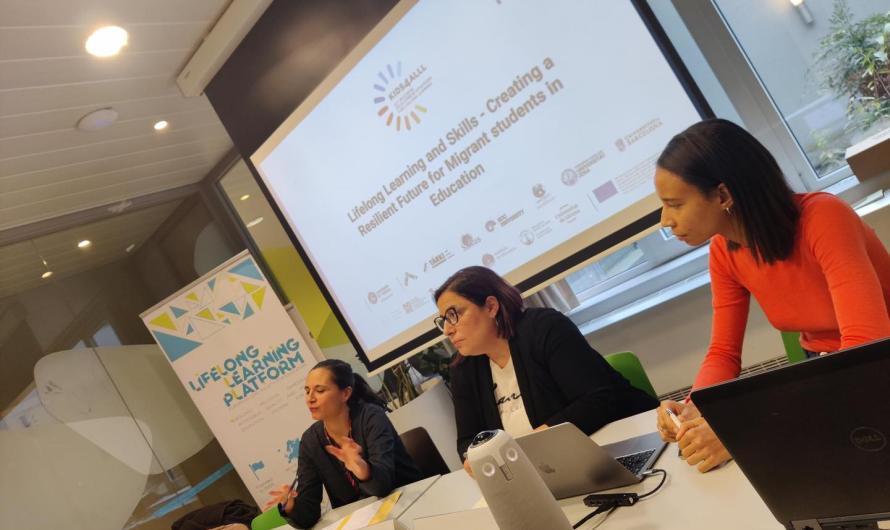
The end of the year at the youth center is a difficult and emotional time. On the one hand, this is when the youth finish school and are happy and fulfilled - yes, they did it!
But at the same time, this is a stage when they are required to say goodbye to the young volunteers at the youth center because they are at the end of their year of volunteering. The young volunteers are starting to prepare for army recruitment and feel stressed before three years of military service.
by Michal Meishar & Dolly Levi, Levinsky College
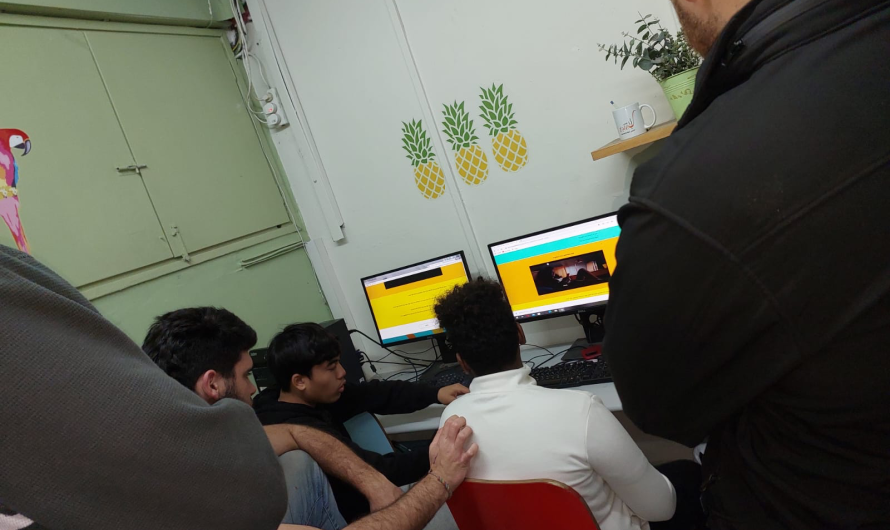
Toward the parents' meeting at the end of the school year, we set up an exhibition of the children's LU products as part of the KIDS4ALLL project at the school.
During the preparation phase of the exhibition - in class, we presented the idea to the children. They had to choose learning outcomes to share with the parents. The buddy checked their folder and decided together. They wrote an explanation next to the learning outcomes so the parents would understand the subject, competence, and what was learned. The buddies were helping to set up the exhibition with other maintenance workers at the school.
It is important to note that during the organization phase, the other teachers at school came to the children and asked them questions. Therefore, the children had to explain to the teachers, which was good practice for the meeting in the evening with the parents. Also, in the teachers' room, despite the pressure before the parents' meeting and the final preparations, there were spontaneous conversations with fellow teachers who complimented the initiative. We were happy and proud to be a part of this powerful project.
by Michal Meishar & Dolly Levi, Levinsky College
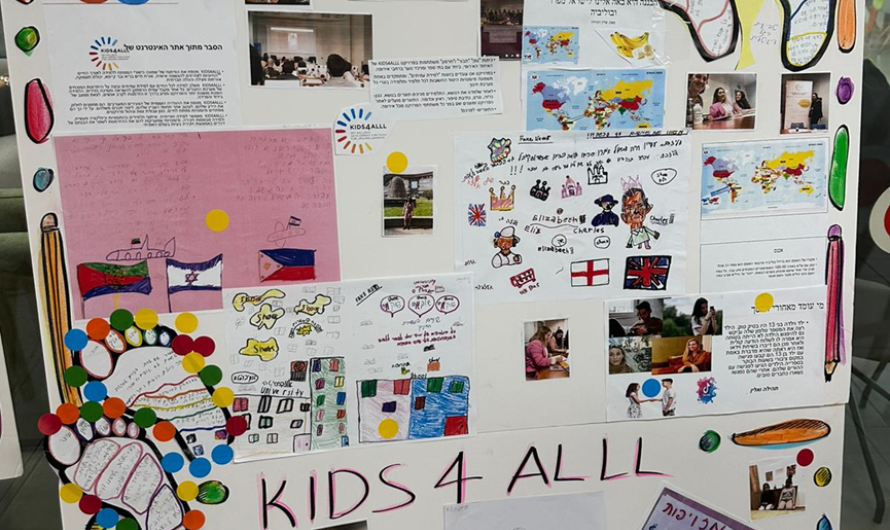
“Alone or together?!” While translating content for the KIDS4ALLL learning platform in our German team at the University of Jena, this was a recurrent question. The KIDS4ALLL platform offers a variety of content from eight subject areas – competences – that children and teenagers can choose from and then work with in groups of two – the buddy teams. During the translation process, we sometimes wondered: Are the buddy teams targeted by a certain learning unit supposed to do a particular task together or independently of one another?
In the English units that served as a basis for translations to German and other languages, this was not always clear. That is because in English, the pronoun ‘you’ allows no distinction between plural and singular (and context is key to understanding). German, however, not only has ‘du’ for the informal singular you, but also ‘ihr’ for the informal plural you and ‘Sie’ for the formal singular and plural you. This was just one of several challenges that we faced while translating and proofreading the German learning units, but that other teams such as the Italian one surely must have struggled with as well.
by Annika Wappelhorst, University of Jena
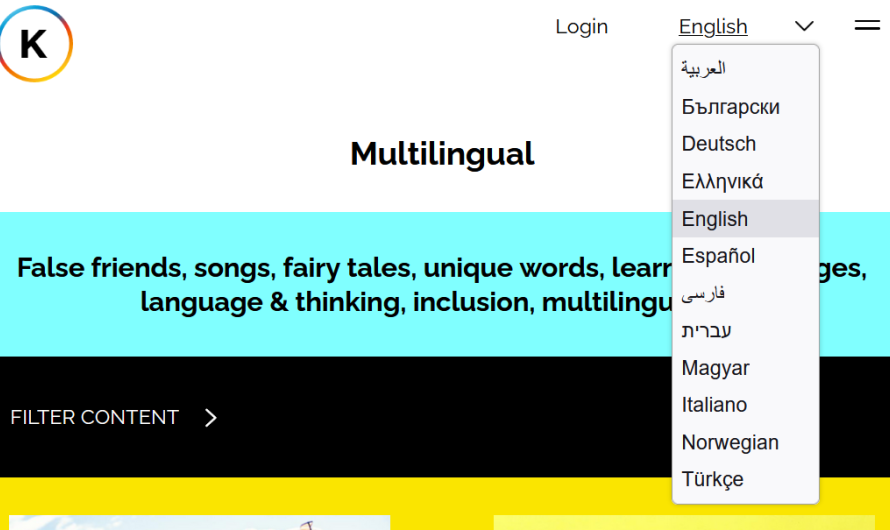
In these unprecedented times, the need for community building has never been more important. And what better way to build a sense of community for KIDS4ALLL project than bringing the educators and teachers involved in the project from different countries together? Read the article to find out how we did it!
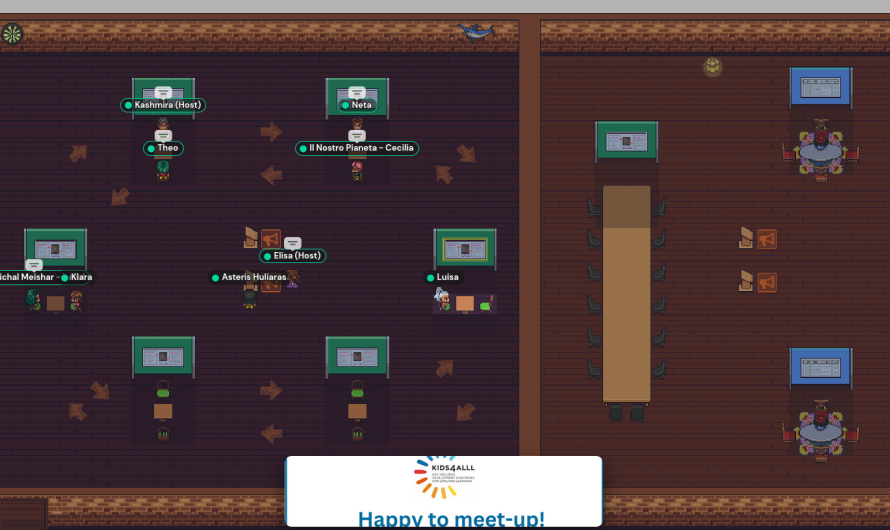
Within the many collaborations built through KIDS4ALLL, the Levinsky-Wingate college in Tel Aviv has started a partnership with Hagalil school in Tel Aviv-Jaffa. In this article we talk about the project presentation day, dwelling on the teachers’ reactions and opinions about KIDS4ALLL activities. Enthusiasm and passion have driven this important occasion!
By Michal Meishar
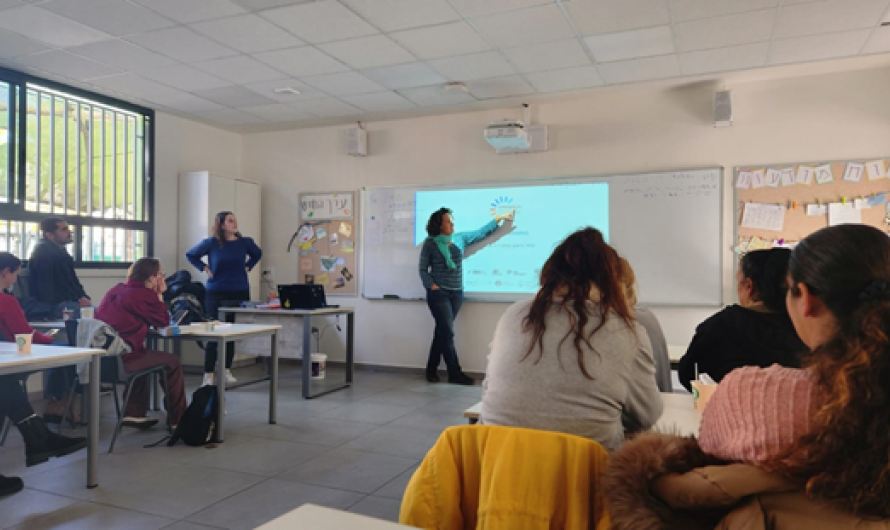
Louisa from Germany shares her experiences teaching Hebrew as an additional language in Israel at the Levinsky-Wingate Academic Center and belongs to the educational team leading the KIDS4ALLL international project.
by Louisa Leuchtenberg
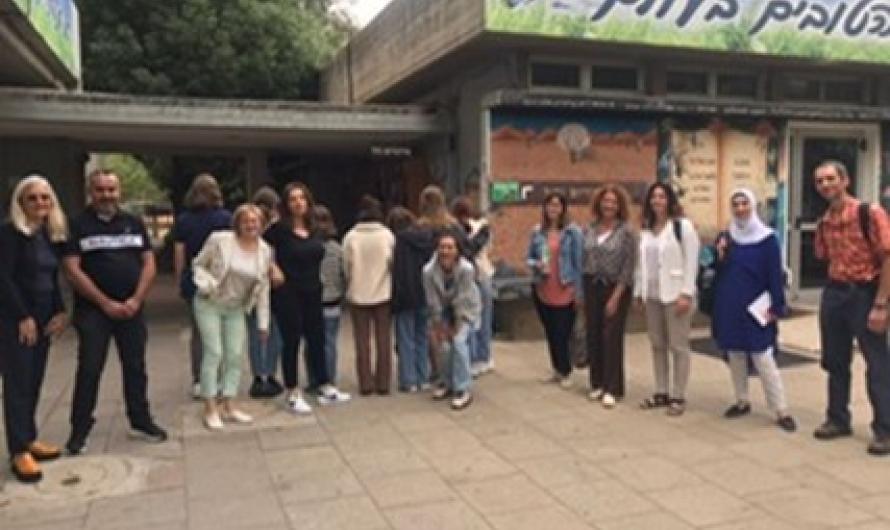
Don’t miss the latest news and updates.
Register to the KIDS4ALLL newsletter
- 1 of 3
- next ›
© KIDS4ALLL 2021 - Privacy - Cookie - Created by Ars Media
Activate it in order to browse the site.